On September 11, 2001, I was the administrative officer of a Defense Department command in Philadelphia. I oversaw security, safety and other programs for the command.
That morning I was sitting in my office on a naval base in Philadelphia when one of our people stopped in and told me a plane had crashed into the World Trade Center.
"Accident or terrorism?" I asked. When we later heard a second aircraft crashed into the World Trade Center, we knew we being attacked. I thought of the Tom Clancy's novel where he had a villain crash an aircraft into Washington D.C.
My security job more than doubled from that day until the day I retired from the Defense Department in 2007.
In 2002 I was moonlighting as a freelance writer and I covered the Police-Security Expo in Atlantic City.
At the expo I heard retired New York Deputy Police Commissioner Joseph Dunne's unforgettable presentation. He was on the scene on 9/11 and he spoke about his experiences to a group of police officers, security professionals and one reporter (me).
I wrote about Dunne's comments in my online Crime Beat column. You can read the column below:
The War On Terrorism: A 9/11 After Action Report
By Paul Davis
The terrorist has long been a staple villain in fiction. From Ian Fleming to Tom Clancy, the terrorist in thrillers has been portrayed as a criminal out to extort money, a religious fanatic doing the work of God (as he sees it in his deluded mind), or a former soldier seeking revenge for some perceived slight.
We’ve seen neo-nazis, white supremacists, international criminals, misguided youth and of course, the Islamic fanatical terrorist exporting the mid-east conflict to America.
In Money, Money, Money, Ed McBain’s Middle Eastern character arrives at an American airport and he is deeply offended at being profiled as a terrorist - even though he is one.
McBain’s crime novel, involving money laundering and international terrorism, was published two days before the 9/11 terrorist attack on the World Trade Center and the Pentagon.
Ed McBain, a.k.a. Evan Hunter, said he was on a book promotion tour in Chicago when he heard the news of the attack. He noted the eerie similarity between his novel and the real unfolding events.
Since 9/11, the stock bad guy terrorist in fiction and action movies has became a very real villain and a very real threat.
America’s war on terrorism may have begun in earnest following the September 11th attacks, but the Islamic fanatical terrorists’ war against America and the Western democracies can be traced back to 1968.
Plane hijackings, kidnappings, car bombs and other acts of terrorism plagued the capitols of Europe throughout the 1970s and right on into the new century. Europeans have long lived under the gun (and the bomb) of Middle-East terrorists, as well as the IRA, organized crime, separatist movements and a variety of left and right wing terrorist groups. These groups considered embassies, hotel lobbies, sports arenas, airport lounges and sidewalk cafes free-fire combat zones.
I lived in Europe for two years in the early 1970s while serving in the U.S. Navy and I saw how life could be affected by the fear of terrorism. I talked to a good number of Britons, Italians, Germans, Spaniards and other Europeans in train stations, restaurants and bars as I traveled throughout Europe. I recall that nearly all of them expressed a deep fear of terrorism following every news account of a car bombing or assassination in London, Paris or Stockholm. Terrorism was not an abstraction to them. It was a very real threat to their well-being.
I was in Belfast during the Christmas season, and even though I had been in Vietnam only a few years before, I was somewhat shocked at the war-torn city and the sight of British troops in full combat gear.
While I was there a bomb was detonated at a store and several innocents were killed.
I recall being glad that we didn’t see terrorist attacks on American soil. I also reflected on America’s good fortune to have fought all of our modern wars on foreign shores.
Previous to 9/11, the Islamic terrorists mostly targeted our military people at overseas posts, from the Marine barracks in Beirut to the USS Cole in Yemen. They also targeted Americans traveling abroad on foreign airlines and cruise ships.
Of course, since 9/11, that’s all changed now. The terrorists have brought the war home in a big way.
I covered the Police-Security Expo in Atlantic City this past June. Sponsored by the New Jersey Association of Chiefs of Police, the theme of the expo was to prepare to act and respond to terrorism. Previous to 9/11, counterterrorism was largely a federal responsibility, but now police officers have become front line soldiers.
I sat in on a seminar conducted by retired New York Police Commissioner Joseph Dunne. He gave what we used to call in the military a commander’s "after-action report" on the 9/11 attack.
Dunne played tapes of some of the 911 emergency calls, one of which had the voice of a young woman on the 110th floor pleading with the operator to tell her what she should do. The woman paused, and told the operator that she was pregnant. The audience was a tough group of cops and security people, but most of them were touched by the woman’s frantic call for help.
While standing near the towers, Dunne said he thought debris was falling around him, but he discovered that it was people. This, he said, left an indelible image in his mind.
"Consider the state of mind of the people who elected to jump and end their lives," Dunne said. "What awful choices these poor people had."
Dunne said that the Port Authority and NYPD quickly closed down tunnels and bridges and kept the lines open for rescue personnel. This quick action saved countless lives, he said.
Dunne recalled hearing a plane overhead and tensed up, "Don’t worry," someone told him. "It’s one of ours." Previous to 9/11, a conversation like that took place only on a foreign battlefield.
"The people in the buildings were innocent victims, but rescue officers voluntarily rushed in," Dunne said, proud of his officers.
Dunne spoke of one officer who was filling out his retirement papers when the call came in. He left the retirement papers on his desk and rushed out to help. Like 22 other NYPD officers, he lost his life that day.
Dunne rolled out some gruesome stats: 19,000 body parts were signed into the morgue and they collected 12,622 DNA samples.
"No one signs on to policing to deal with the collection of bodies and body parts," Dunne said sadly.
By Dunne’s account, 25,000 lives were saved thanks to the NYPD’s rapid and skilled response.
"As memories of September 11th fade, we have to remain resolved," Dunne advised. "It’s going to happen again."
The terrorists have brought the war to our shores and like the Europeans, we now have to live with the threat of terrorism. 9/11 was perhaps America’s worst disaster, but the acts of heroism and humanity that followed the attack lead me to believe that we have the resolve to win the war on terrorism.
world trade center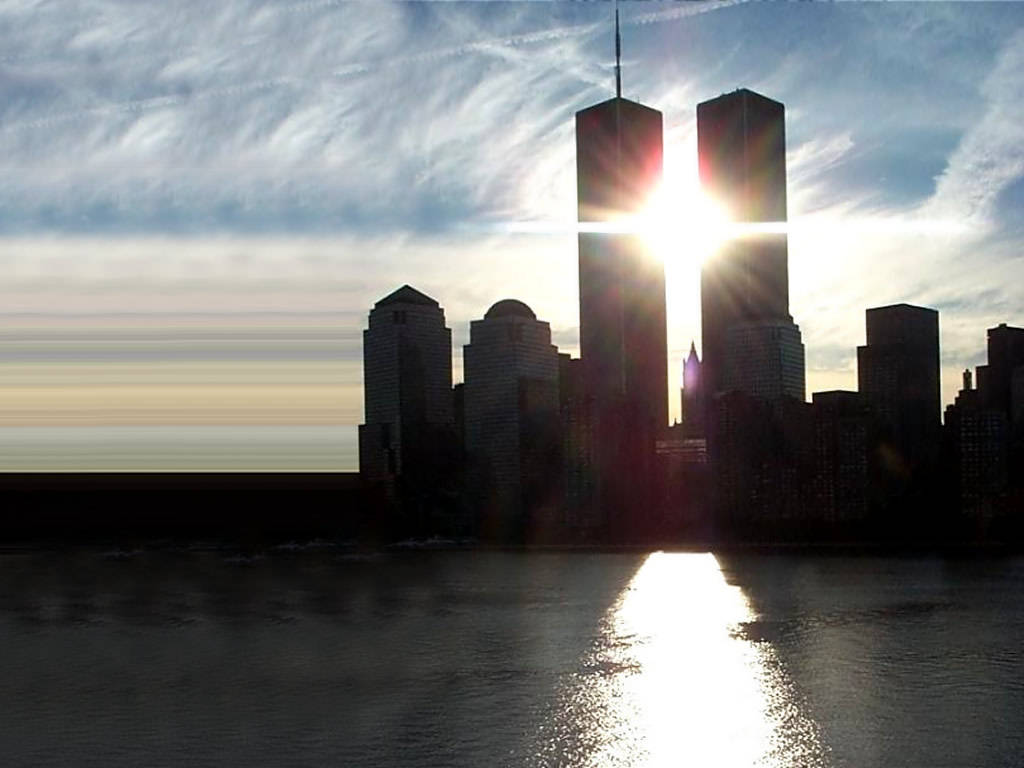
world trade center

world trade center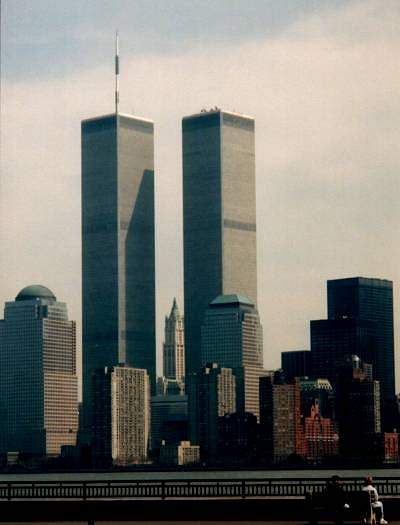
world trade center

world trade center
world trade center

world trade center
world trade center

world trade center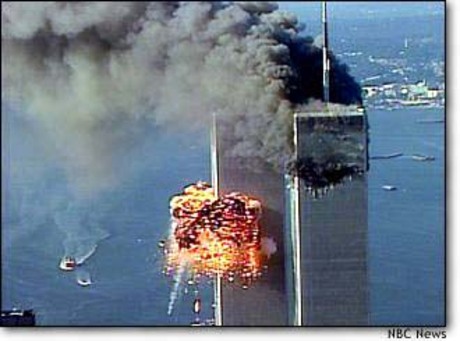
world trade center

world trade center
world trade center

world trade center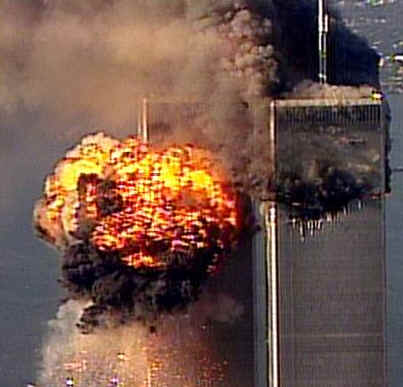
world trade center

world trade center
world trade center

world trade center
world trade center

world trade center
world trade center

world trade center
world trade center

world trade center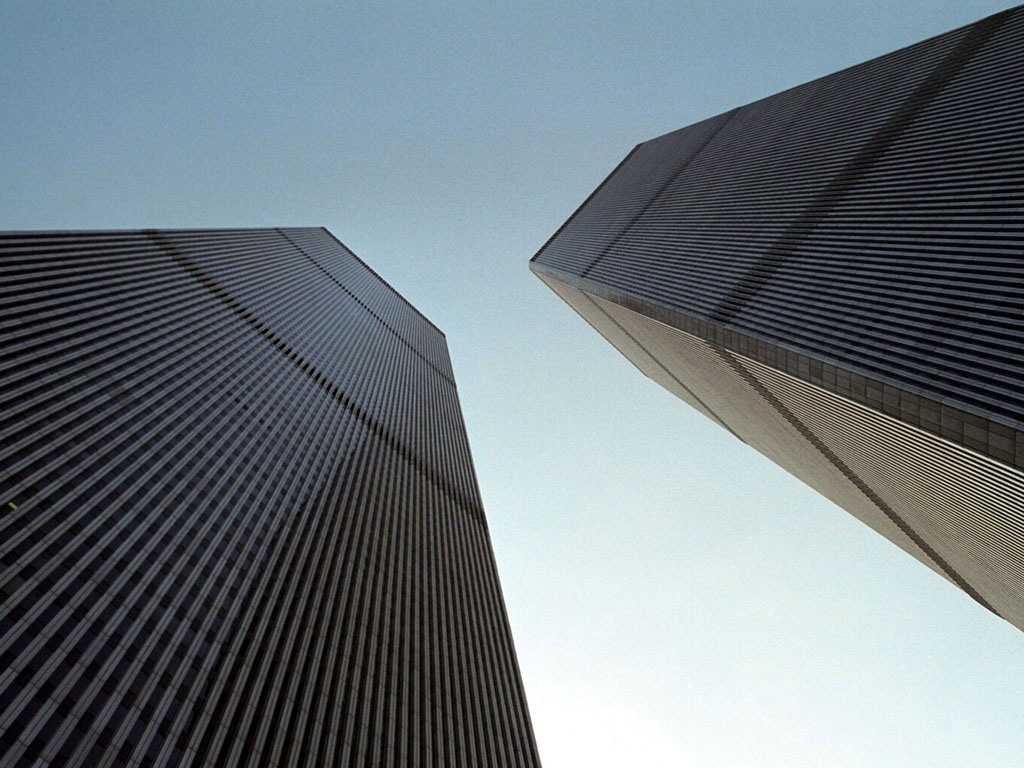
world trade center

world trade center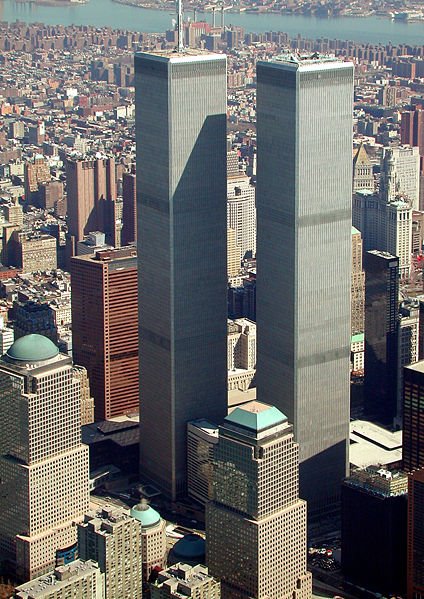
world trade center

world trade center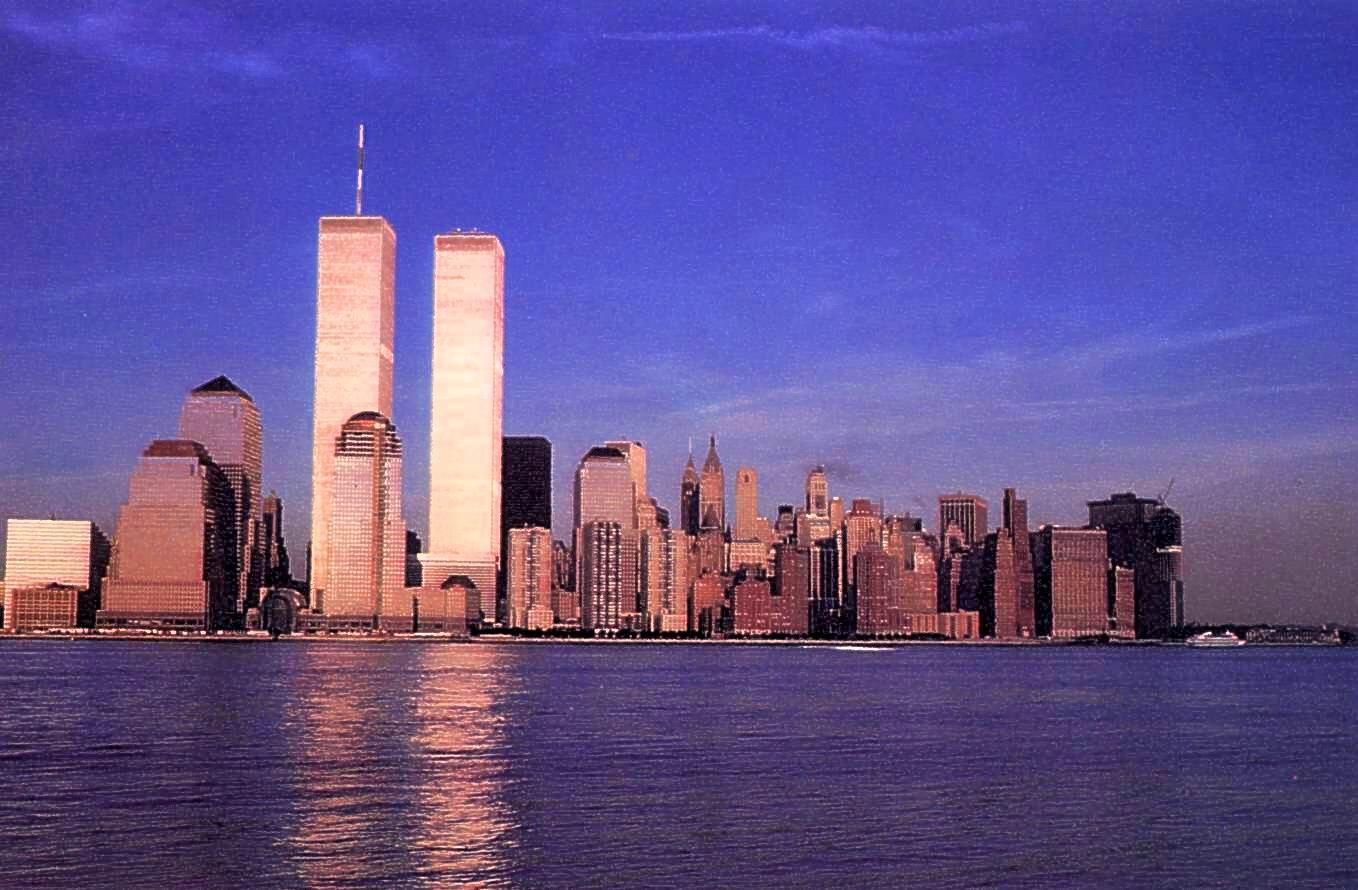
world trade center

world trade center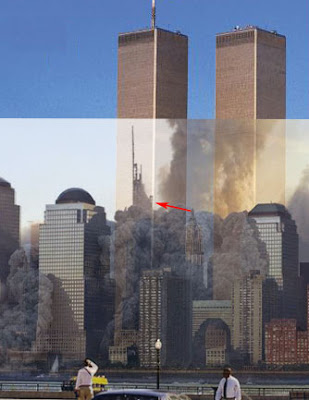
world trade center

world trade center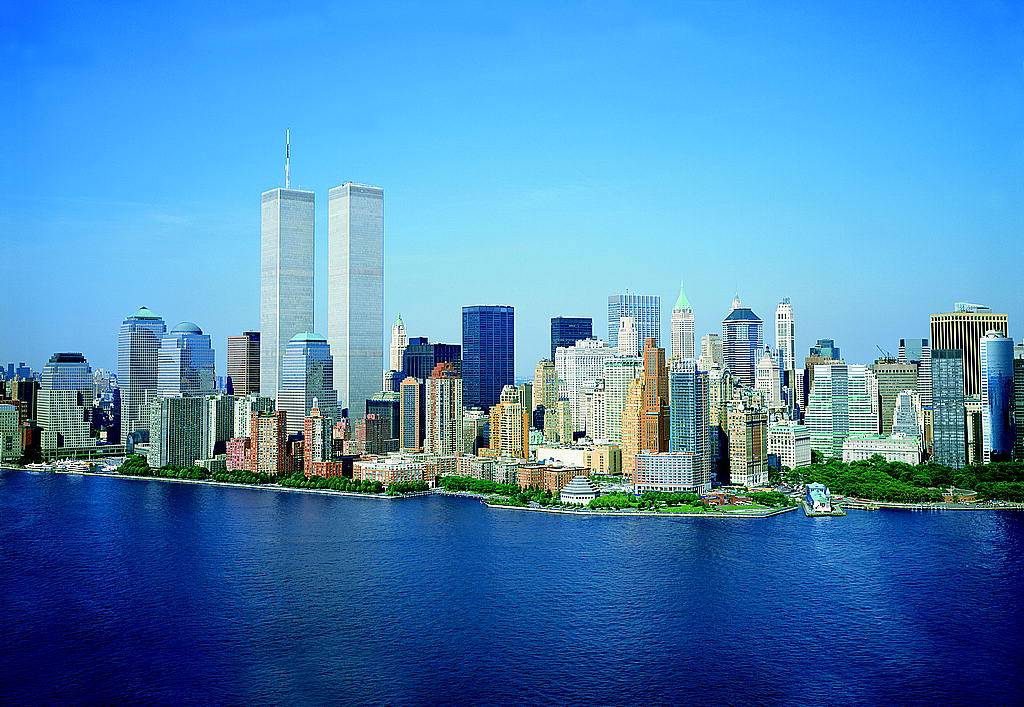
world trade center

No comments:
Post a Comment